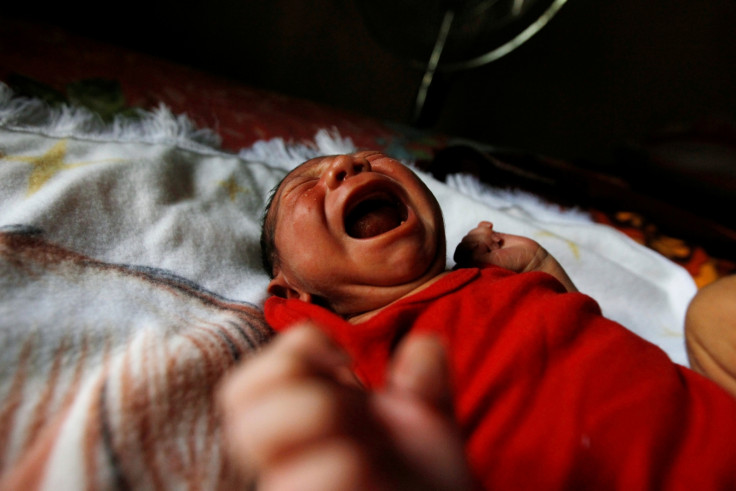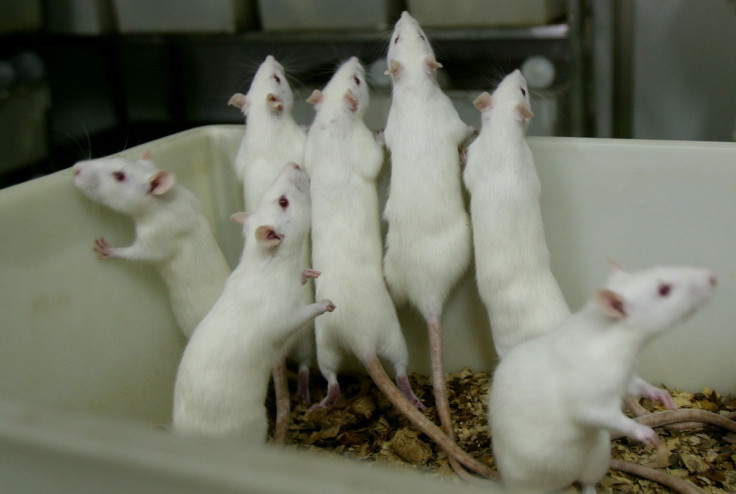Zika virus reduces testes' size in mice - and their chances of conceiving
In mice, a Zika infection damaged the reproductive organs and the ability of animals to reproduce.
A Zika virus infections damages the reproductive tract of male mice, scientists have discovered. Size of the testes and sexual hormone levels were significantly reduced three weeks after infection, and this had a negative impact on the animals' fertility.
Since the beginning of the Zika outbreak in Latin America in 2015, many studies investigating the effects of the virus on people's health have been published. The majority have focused on Zika in the context of pregnancy, as the virus has been associated with multiple birth defects – the most emblematic being microcephaly. However, the way Zika affects men has been much less documented.
Scientists from Washington University School of Medicine were working with mice to see whether the virus could be sexually transmitted, when they noticed that the males were showing signs of tissue damage on their testes. They have now published a study in the journal Nature to investigate the phenomenon.
"We were originally looking at the potential sexual transmission of the Zika virus, but very quickly we noticed significant changes to the mice testes. As the infection progressed overtime the virus appeared to be destroying tissues and the normal architecture of the testes – there were marked different after 14 days and by day 21 the testes were one tenth of their original size", Kelle Moley, one of the study's authors, told IBTimes UK.

Impact on fertility
By infecting male mice with the Zika virus from an African strain, the scientists showed that virus was detected within the testis and the epididymis – the coiled tube that stores and carries sperm – of male mice, after just seven days. After two weeks, they could find traces of the virus at high levels throughout the reproductive system of most mice.
In these animals, testes' size decrease significantly compared to control mice but there was also notable damage seminiferous tubules which produce sperm and tissue injury to the epididymis. This resulted in lower levels of testosterone and inhibin B levels, two hormones that are implicated in the production of semen.

These morphological and functional changes appeared to have a direct impact on the animals' ability to reproduce. Indeed, less pups were born when these males mated with females, compared with uninfected control males – rates of pregnancy and numbers of viable fetuses were reduced. Sperm count was lower in these infected males and this appeared to have an averse effect on their fertility.
It is not yet clear if and how these results apply to humans, but the study underlines the potential of the Zika virus to cause problems for men – not just for pregnant women and their babies.
"Our findings open up the idea that Zika could impact people outside pregnancy. Men could also be at risk of getting infected, it may significantly reduce their fertility. Our study could lead to precautionary recommendations even though studies in humans will be needed", concludes Moley.
"The problem in this kind of research will that it is difficult to see if the virus is directly to blame for infertility. Indeed, people generally don't know that they are infertile before they start trying to conceive and so it is very hard to compare sperm counts before and after a Zika infection".
© Copyright IBTimes 2025. All rights reserved.






















